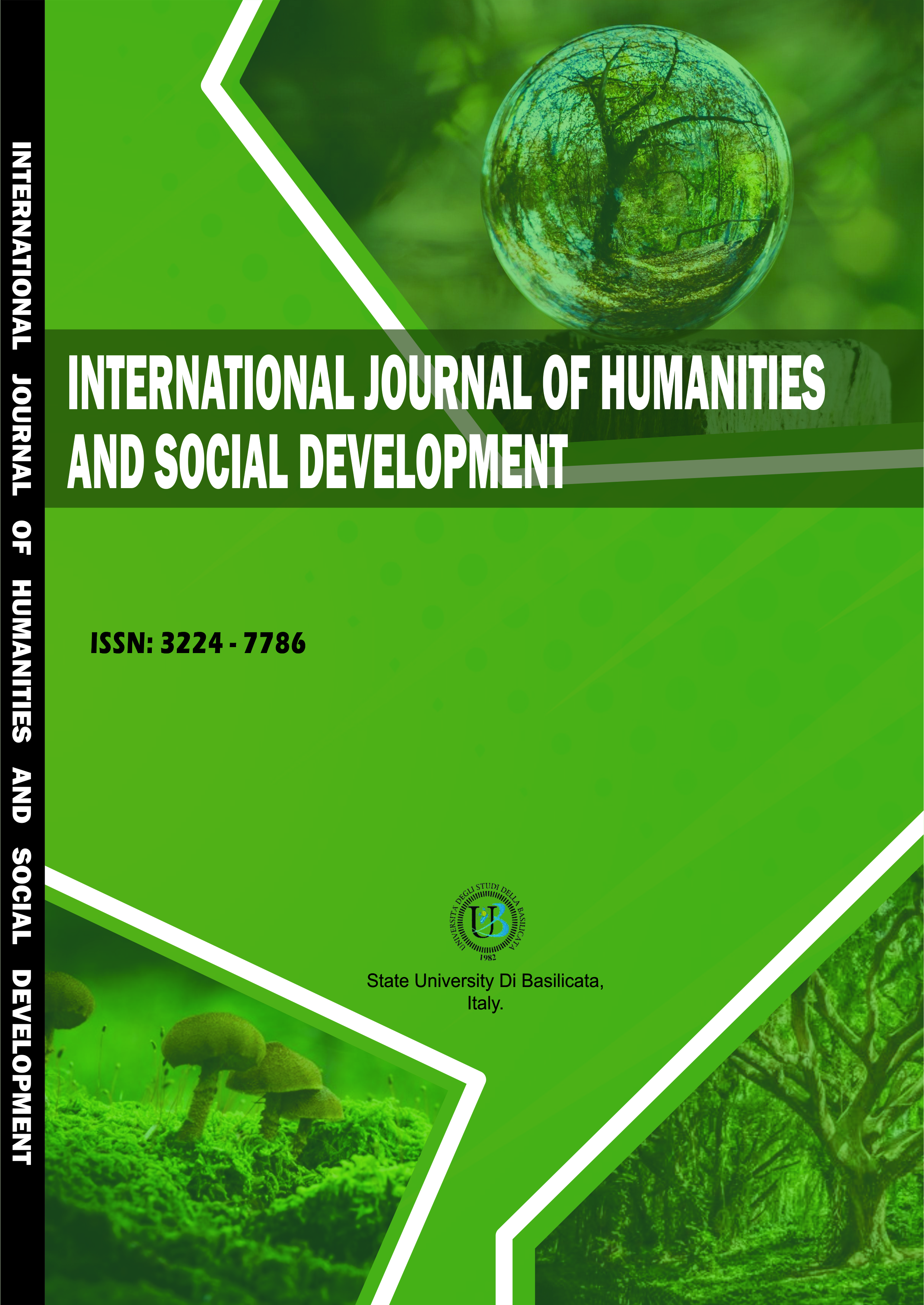INTERNATIONAL JOURNAL OF HUMANITIES AND SOCIAL DEVELOPMENT (IJHSD)
SOCIAL SCIENCE IN AFRICA: BEYOND THEORISING
E-ISSN: 2133 - 3762
P-ISSN: 3224 - 7786
DOI: https://iigdpublishers.com/article/842
This paper explores the development and practical impact of social science in Africa, moving beyond theoretical debates to examine its role in addressing pressing societal challenges. It traces the discipline’s shift from colonial-era knowledge, dominated by Eurocentric frameworks, to postcolonial efforts to build African-centered scholarship. Despite notable progress, Western theories continue to overshadow indigenous approaches, highlighting the need for methodologies rooted in African contexts. Using case studies from Kenya, South Africa, Ghana, and Nigeria, the paper shows how participatory approaches informed by social science have improved public health, gender empowerment, and community development by fostering ownership, sustainability, and cultural relevance. African social scientists are presented as both researchers and facilitators of engagement, bridging gaps between communities, policy, and practice. The study calls for the decolonization of African social science and the creation of indigenous frameworks to ensure research drives inclusive development, governance reforms, and social transformation across the continent.
PERPETUA EZEJI PhD
Aina, T. A. (2020). The social sciences in Africa: Trends, issues, and challenges. CODESRIA.
Ake, C. (1979). Social science as imperialism: The theory of political development. Ibadan University Press.
Babbie, E. (2020). The practice of social research (15th ed.). Cengage Learning.
Berkman, L. F., Glass, T., Brissette, I., & Seeman, T. E. (2000). From social integration to health: Durkheim in the new millennium. Social Science & Medicine, 51(6), 843-857. https://doi.org/10.1016/S0277-9536(00)00065-4
Bertot, J. C., Jaeger, P. T., & Grimes, J. M. (2010). Using ICTs to create a culture of transparency: E-government and social media as openness and anti-corruption tools for societies. Government Information Quarterly, 27(3), 264-271. https://doi.org/10.1016/j.giq.2010.03.001
